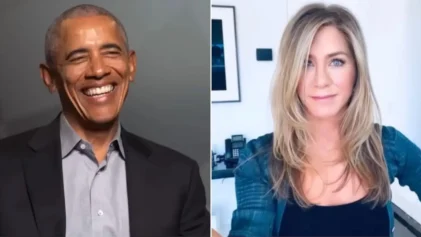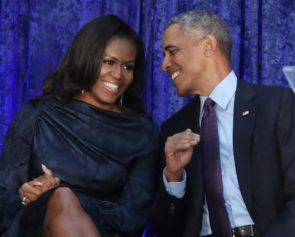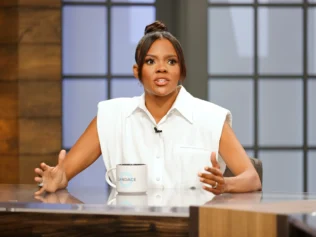There is nothing funny about mass shootings. Other than the lives and memories of those lost, there is nothing to celebrate.
But the haters think they have found both in Monday’s shootings at the Washington Navy Yard.
At least 13 people, including a gunman, were killed and at least eight more were injured when the shooter opened fire during a rampage.
Police identified the gunman as Aaron Alexis, 34, a military contractor from Fort Worth, Texas.
It didn’t take long before someone chose to use the incident for political hay.
In the wake of Trayvon Martin’s slaying, President Obama said, “If I had a son, he’d look like Trayvon Martin.”
Yesterday, social media was abuzz with this variation: “If President Obama had a son, he’d look like Aaron Alexis.”
Beyond the obvious snarkiness of it all and the lack of respect for the Office of the President of the United States, there is something sinister about using tragedy to further divide the country on racial, political or social terms.
Truth be told, black men are more likely to be treated as suspects and cause people to overreact, even when there is no reason to do so. That’s why we have Trayvon Martins and Jonathan Ferrells. That’s why black parents engage in what we call the “second facts-of-life talk,” where we warn our sons about confrontations with police, how to approach people in the street, the fact that starting around 12 or 13 years of age, the same man who used to sell them and their friends candy and chips without blinking an eye, now restricts how many of them can come into the store together to purchase the same snacks that they have every day after school.
Yes, our sons “look like Trayvon Martin” to a society that thinks it needs to fear them.
But do you suppose that white people think, “If I had a son, he’d look like” mass shooters James Holmes or Adam Lanza? Do those whose sons have mental health issues worry that their young men could go off and menace dozens, possibly hundreds of people? Do they worry that police and average citizens look at their sons, who may possibly be in shock after a serious car accident and wandering a community seeking help after an accident, or that the police, like Ferrell, can automatically be assumed to represent danger?
There is surprise, shock, hurt, pain and a whole range of emotions that go along with discovering that someone you know is involved in a criminal tragedy. There is a lot to try to understand about the actions and reactions of everyone involved. And, sadly, much of it no one ever seemed to see coming.
So our sons look like Trayvon Martin, but they also look like Jonathan Ferrell. They might even look like Aaron Alexis, but not because there is some innate predisposition to criminality.
And the truth is: The Aaron Alexises of the world are likely to be the sons of a much broader, more diverse community.
Jackie Jones, a journalist and journalism educator, is director of the career transformation firm Jones Coaching LLC and author of “Taking Care of the Business of You: 7 Days to Getting Your Career on Track.”


